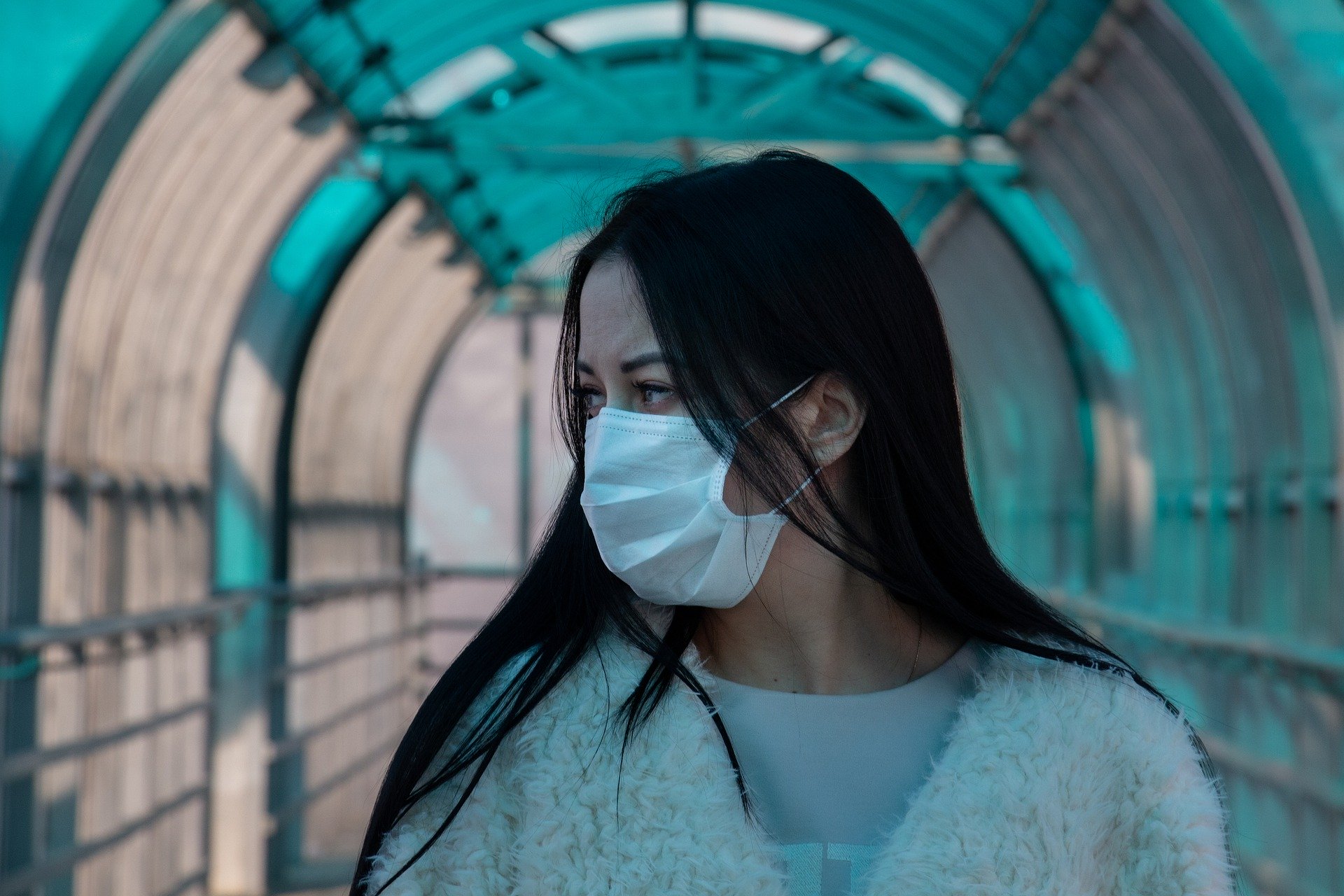New projects worth around 4.3 million pounds have received the UK government funding to help explain and mitigate the disproportionately adverse COVID-19 impact and higher death rate among the country’s ethnic minorities, including those of Indian origin.
The UK Research and Innovation (UKRI) and National Institute for Health Research (NHRI) backed projects include over 2 million pounds for academics at the University of Leicester to investigate why people from black, Asian and minority ethnic (BAME) backgrounds have a higher risk of developing severe COVID-19.
The study titled UK-REACH – UK Research study into Ethnicity And COVID-19 outcomes in Healthcare workers – will work with more than 30,000 clinical and non-clinical members of staff to assess their risk from the deadly coronavirus, based on the analysis of two million healthcare records.
“Globally, we have evidence that people from BAME backgrounds have a higher chance of going to intensive care and dying from COVID-19 – this may also be the case for healthcare staff,” said Dr Manish Pareek, the chief investigator of the UK-REACH study.
The Indian-origin Associate Clinical Professor in Infectious Diseases at the University of Leicester and Honorary Consultant in Infectious Diseases at University Hospitals of Leicester NHS Trust described the research as the first UK study to be conducted on a large scale to investigate why BAME healthcare workers could be at greater risk of COVID-19.
“A recent PHE (Public Health England) report highlighted how 63 per cent of healthcare workers who died from COVID-19 were from a BAME background. We want this research to improve the lives of healthcare staff – to this end, we have a stakeholder group of major national organisations to research and publicise our findings,” said Pareek.
There is no exact figure available of healthcare workers who died from COVID-19 in England. The UK’s Office for National Statistics data shows that, after taking account of age and other socio-demographic factors, BAME people are nearly twice as likely to die of COVID-19 than white people. It reflects that people from minority ethnic groups, particularly South Asian and black and African Caribbean communities, are up to four times more likely to die from COVID-19. However, the reason for this increased risk is not known.
“The diverse range of projects funded by the NIHR and UKRI will help examine this association in detail, so that new treatments and approaches to care can be developed to target the ethnicities most at risk. This research will have embedded patient and public involvement with black, Asian and minority ethnic groups at all stages of the research,” said Professor Chris Whitty, the Chief Medical Officer of England and Head of the NIHR.
The new set of six projects will explore the impact of the virus specifically on migrant and refugee groups; work with key voices within BAME communities to create targeted, digital health messages; introduce a new framework to ensure the representation of people from BAME backgrounds in clinical trials testing new treatments and vaccines for the novel coronavirus; and create one of the largest COVID-19 cohorts.










